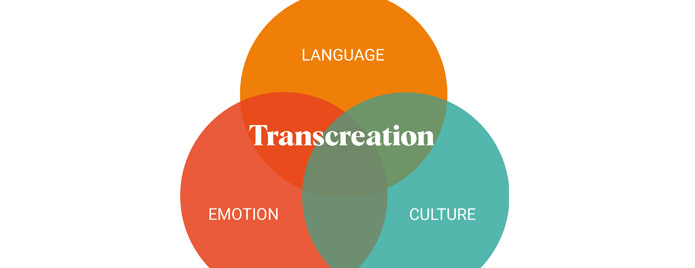Benefit Corporations are now recognized in 30 states and a topic that Diane and I have blogged about in this space as their prominence has grown. To date over 1,900 companies have taken and fulfilled the B Corp pledge. Have a corporate purpose to create a material positive impact on society and the environment. Consider the impact of decisions not only shareholders but also on workers, community and the environment. Make available to the public an annual benefit report that assesses overall social and environmental performance against a third-party standard.
Having studied Conscious Consumers, identifying who they are, how they behave and what they are looking from brands, it is not a surprise to us at CCF that so many businesses are on board.
As Rob mentioned in his most recent post we know that Conscious Consumers are paying close attention to a brand’s values to ensure they align with their own. These values or purpose though are highly subjective. As Fast Company recently stated:
“How people experience brands in the world is not through mission statements; we observe how brands communicate and act, and we form perspectives on what they stand for.”
Purpose can come in many forms and a group called enso has created the Brand World Value Index to learn about this at the intersection of brands and consumers. They studied the awareness of purpose (what does the brand stand for, beyond making money?), alignment with purpose (is the company’s purpose something that aligns with what people care about?), active support (is the company’s purpose something that people would publicly support?) and impact on purchase (does that company’s purpose motivate people to buy from the brand?).
The results surprised enso, but the conclusions below would not have been surprising to us or anyone reading this blog along with us.
76% of people can identify a purpose beyond profit in McDonald’s (#2 out of 149 brands), but only 43% of people say that purpose aligns with their own values. And only 25% of people find that purpose motivating enough to publicly support the company in achieving its purpose (#47 out of 149 brands). This results in a Purpose Motivation of 33%.
Alternatively, 30% of people can identify Kind Snack’s purpose, beyond just making a profit, and 28% find it motivating enough to publicly support – a Purpose Motivation of 93%.
If you are struggling right now with activating and promoting your brand’s purpose or even taking a step back and defining it, let us know. Reach out and let us help you discover and celebrate that second most important day for your brand.





